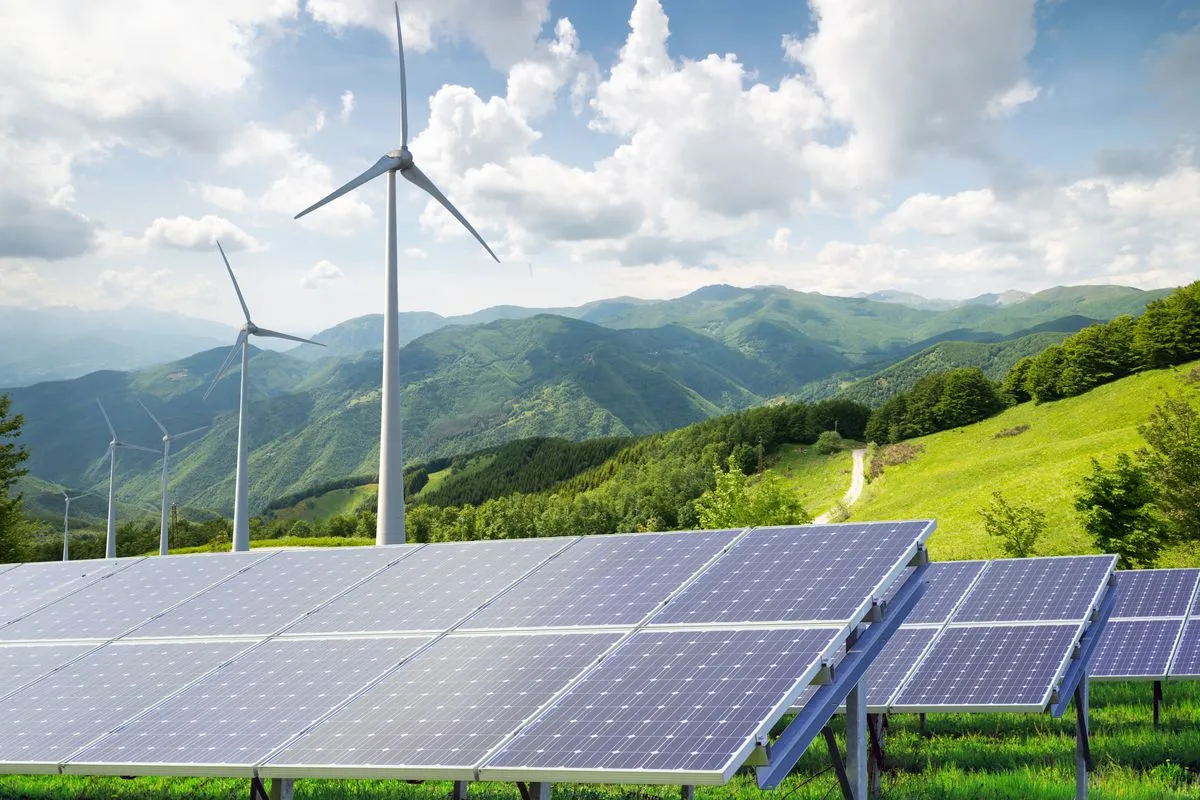Table of Contents
Rupert Darwall
cfact.org
Rupert Darwall is a Senior Fellow at the RealClear Foundation.
The day after President Biden announced that the United States would ban imports of Russian oil and gas, a group of eleven powerful European investment funds that includes Amundi, Europe’s largest asset manager, outlined plans to force Credit Suisse, Switzerland’s second largest bank, to cut its lending to oil and gas companies. The juxtaposition of these two events dramatizes the fundamental disunity of the West. At the same time as the Biden administration is sanctioning Russian oil and gas producers, Western investors are sanctioning Western ones. Under the banner of ESG (environmental, social and governance) investing, the West’s capital is being deployed to create an artificial shortage of oil and gas produced by its companies and reward non-Western oil and gas producers such as Russia and Iran with higher prices. In doing so, the West is undermining its own security interests.
Before Russia’s invasion of Ukraine, energy markets were already extremely tight. In the past, high oil and gas prices stimulated a supply-side response leading to increased output and to prices falling back. This relationship has broken down. According to analysts at JP Morgan, capital spending by S&P Global 1200 energy companies peaked in 2015 at just over $400 billion and shrank to around $120 billion last year – less than half its previous trough of $250 billion in the aftermath of the 2008 financial crisis, even though global demand is now around 15% higher than it was then.
Over the past decade and throughout the pandemic, investors could earn higher returns elsewhere, such as in tech – but with soaring prices, that assumption doesn’t hold any longer. In remarks to oil executives at the CERAWeek energy conference in Houston last week, Secretary of Energy Jennifer Granholm pointed the finger at Wall Street. “Your investors are demanding climate action,” she told an audience filled with executives of energy firms. To ESG investors, climate action means deliberately starving oil and gas producers of capital for non-financial reasons, leading to under-investment and rising prices.
Granholm is being a lot more honest than Fatih Birol, executive director of the International Energy Agency (IEA). “The current high energy prices are nothing to do with net zero,” Birol told The Guardian last month. “This is not a clean energy crisis, or a renewable energy crisis. These claims are irresponsible and are being used to attack public support for the net zero transition.” In fact, it is Birol who is being irresponsible. He understands as well as anyone that the net zero transition involves ramping up investment in renewable energy and throttling investment in new oil, gas, and coal production down to zero. He knows this, because in May of last year, the IEA released its Net Zero by 2050 roadmap for the energy sector, arguing for exactly this.
The IEA’s net zero scenario for 2050 relies heavily on “ever-cheaper” wind and solar. Nuclear barely gets a look in, and the IEA magically solves the intermittency problem of wind and solar by not mentioning the word “intermittency” once in the report’s 224 pages. By ignoring the inherent limitations of weather-dependent electricity generation, the IEA gave its imprimatur to a green fantasy of near 100% renewable electricity generation, with fossil fuels playing an insignificant role in keeping the electrical grid stable and the lights on. This fiction was necessary to justify the report’s most quoted passage. “Beyond projects already committed as of 2021, there are no new oil and gas fields approved for development,” it said of its net zero pathway, meaning that “the focus for oil and gas producers switches entirely to output – emissions reductions – from the operation of existing assets.”
ESG investors and climate activists seized on the IEA’s call to stop all investment in new oil and gas production. “This is a huge step forward for the IEA and an important signal that the world must move away from fossil fuels today – not tomorrow,” the World Resources Institute blogged. “1.5C means no new fossil fuels, says the IEA,” ShareAction, the group co-ordinating the Credit Suisse proxy fight, declared, referring to the 1.5-degree maximum warming target. “The new scenario will make uncomfortable reading for many companies – and those that finance them.”
This article originally appeared at Real Clear Energy









